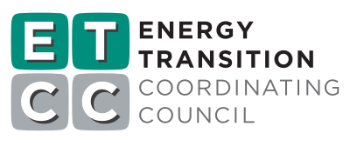Project Info
COMPLETE
Project Title
Develop and Test Protocols for Evaporative Pre-Coolers for RTU Retrofit Initiative
Project Number ET13SCE1020 Organization SCE End-use HVAC Sector Commercial Project Year(s) 2013 - 2015Description
Develop test protocol for uniformly evaluating performance of AC unit condenser air evaporative pre-coolers. The purpose of this project is to establish a nationally-recognized performance standard for the different types of technologies designed to pre-cool AC unit condenser air, using water evaporation. This standard will be designed to allow stakeholders to compare the effectiveness of these technologies. The protocol will be tested in the laboratory on three different manufacturers to validate the protocol.
Project Report Document
Loading PDF Preview...
